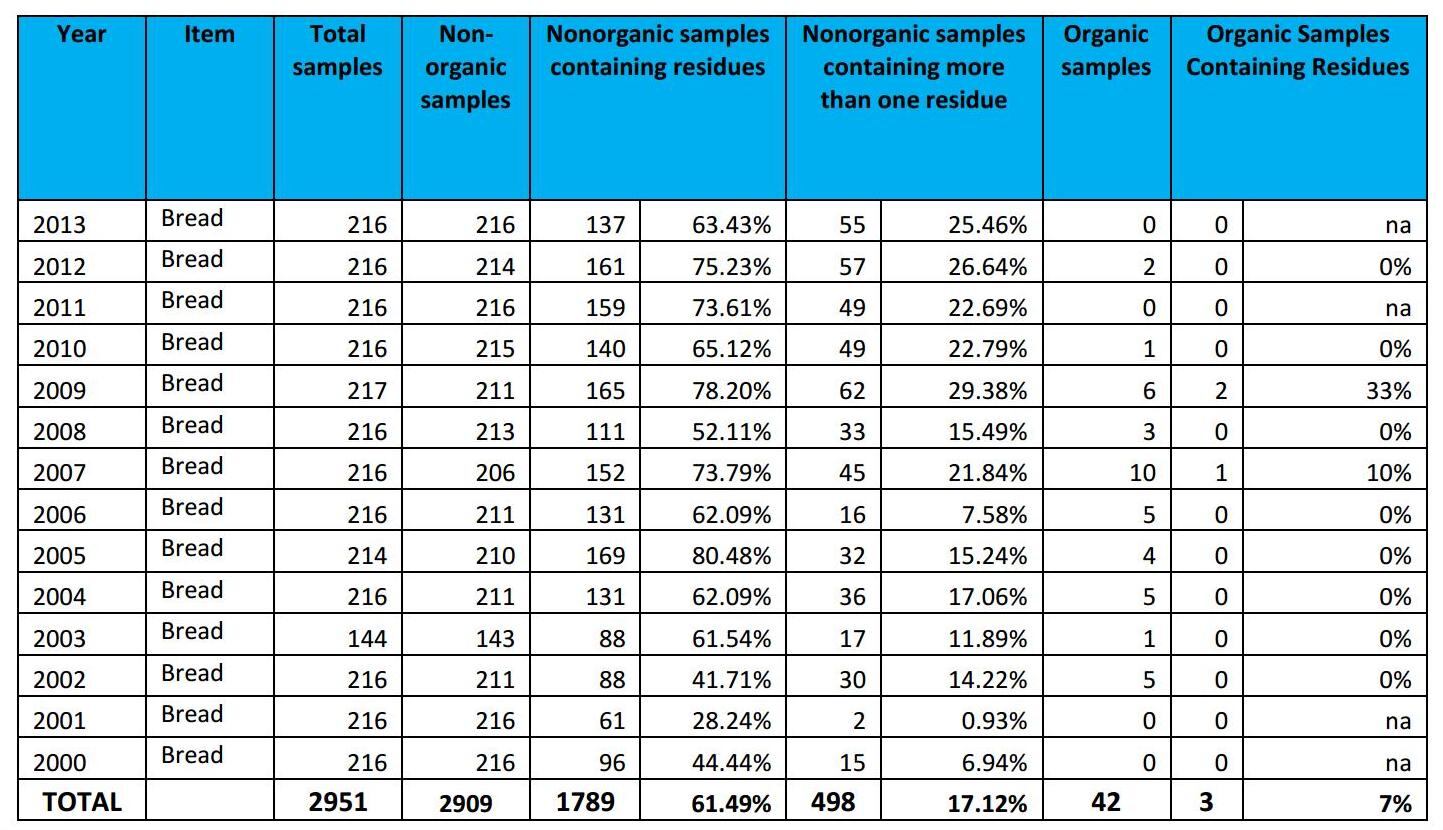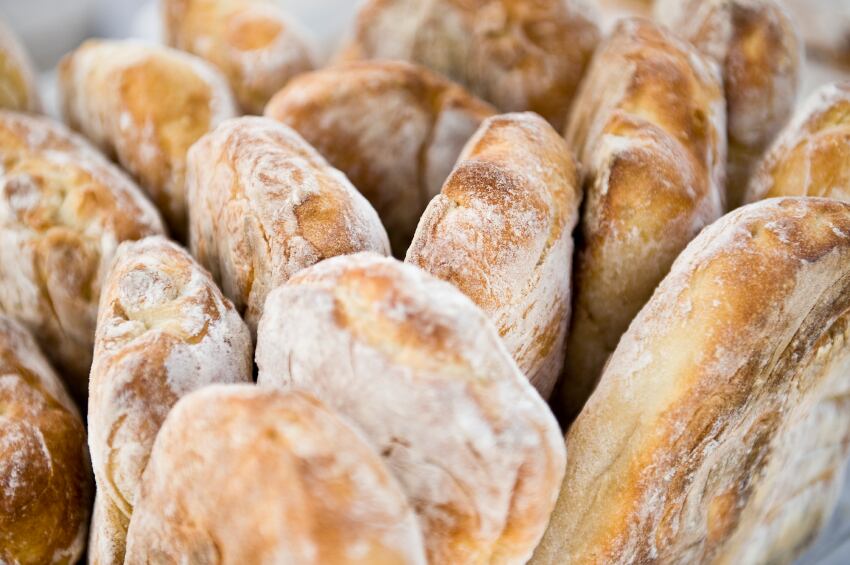Using data collected by the UK’s Department of Environment, Food and Rural Affairs (DEFRA), the report claimed this ‘contamination’ posed a risk to consumer health, urging consumers to switch to organic and calling for greater restrictions on pesticides used in the UK.
DEFRA responded to the claims, stating: “There is no human health risk from pesticide residues in bread. Levels of pesticide residue in food are minimal and we have strict testing methods in place to check this.”

Industry association Federation of Bakers said it was “deeply concerned” by the report, which it said was “scaremongering” on “approved, regulated and legal” pesticides and bias towards the organic sector.
PAN UK suggested the relationship between pesticide companies, DEFRA and the National Farmers’ Union was too cosy, jeopardizing public safety.
Cause for concern?
According to the PAN report: “Between 2000 and 2013, 2951 bread samples were tested by the PRiF committee [DEFRA’s expert committee on Pesticide Residues in Food], 2909 of these were non organic and the remaining 42 were organic bread products. Over that period 61.49% of the non- organic samples were found to contain pesticide residues, 17.12% containing more than one pesticide residue.”
Weed-killer glyphosate and plant growth regulator chlormequat were the most frequently found pesticide residues, with occasional instances of insecticides pirimiphos methyl, malathion and mepiquat also recorded.
PAN UK claims the impact of some of these pesticides could range from bio-accumulation to cancer, birth defects, neurological disease and developmental toxicity.
The organization said the steadily increasing trend in both the number of positive tests and those testing positive for more than one pesticide was a, “cause for concern”.
However, the Federation of Bakers said:“The interpretation of the report by PAN UK is simply scaremongering consumers into thinking bread is not a healthy food choice.”
It said the official DEFRA expert report, on which the PAN UK report was based, concluded, “quite clearly that there are no negative impacts on health from any of the residues detected on bread”. The federation said it was also crucial to acknowledge that all detected levels were “considerably lower” than the internationally agreed maximum residue limit (MRL).
For bread the original PRiF committee report concluded: "We would not expect any of the residues detected by the laboratory to have an effect on health."

Organic vs conventional
Looking at organic breads, the report found none to contain multiple residues, but 7% contained a single pesticide residue. “The most likely explanation for this is cross-contamination from non-organic, either during production or storage. This raises the issue of how we can prevent conventional agricultural methods undermining the integrity of organic."
The Federation of Bakers said: “The fact that they [PAN UK] are a group whose primary objective is to promote organic products means that they have a vested interest in the messages they are putting across. Unlike the DEFRA expert group, they are not an independent or scientific voice, and have given consumers incorrect and misleading advice.”
PAN's report followed the release of a UK national action plan on pesticides by DEFRA in March.
